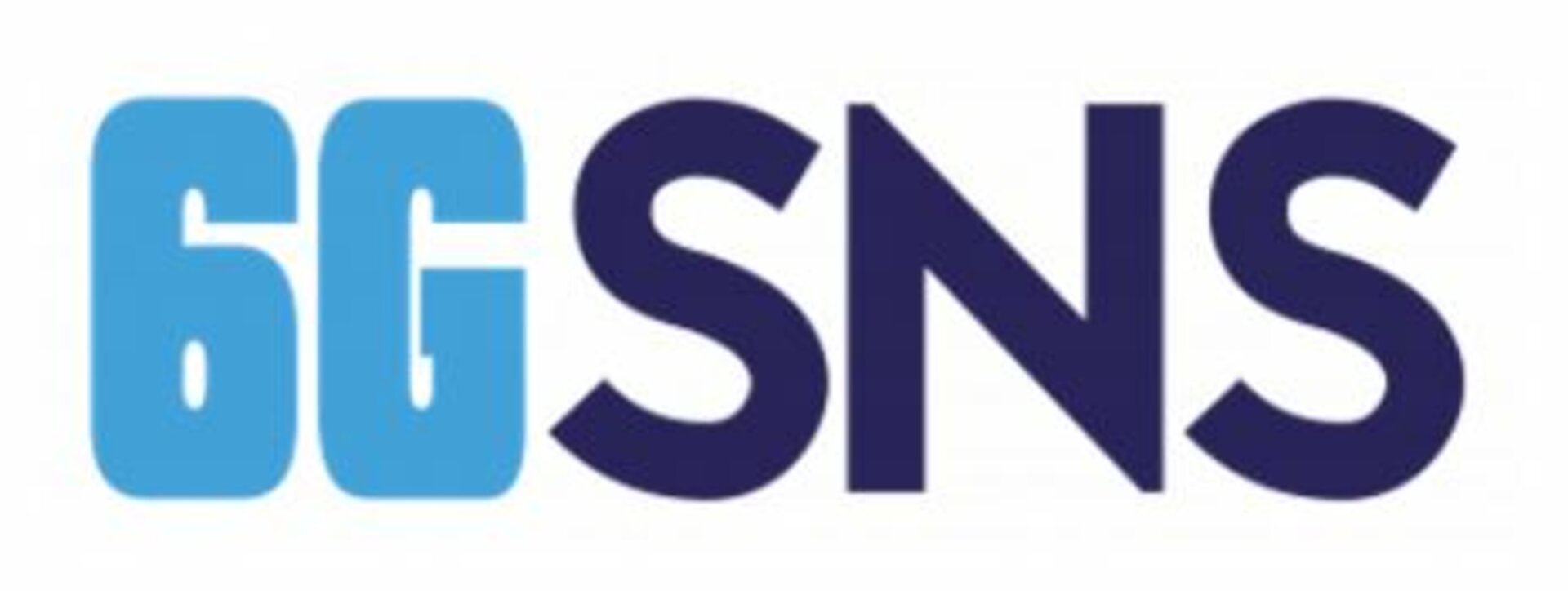6G-SENSES

6G-SENSES Project Explores 6G Connectivity with Radio Technologies
The project 6G-SENSES proposes integrating innovative radio technologies such as cell-free mobile networks and simultaneous telecommunication and environment sensing, joint communication and sensing (JCAS). This will enable the envisioned 6G features such as high-speed data transfer, energy efficiency and coverage. The project envisions a diverse ecosystem, featuring technologies such as Wi-Fi that can not only communicate but also sense their surroundings within a JCAS framework. The goal is to enhance energy efficiency and communication speed within the network by maximizing environment sensing. To improve the availability, coverage, and sensing capacity of the networks, the project will utilize Reconfigurable Intelligent Surfaces (RIS). This innovative technology redirects electromagnetic signal waves where needed. An optimization algorithm tailored for RIS-supported cell-free mobile networks will manage the network and signal processing. This framework will enhance collaboration among access points with inbuilt sensing capabilities, thus improving sensing precision and accuracy. Sensing data from these nodes will be made available to the mobile network for optimization.
The Barkhausen Institut is engaged in key aspects of this project:
Millimeter-wave antenna system: We will be developing an antenna system tailored for 60 GHz frequency. Our primary objective is to mitigate the undesired radiation beam tilts arising within the antenna arrays. To achieve this, we will employ advanced electromagnetic structures called metamaterials (artificial materials) at 60 GHz frequency, ensuring enhanced performance without any additional power consumption.
Front-end packaging: We will develop printed circuit front-end modules with a particular focus on integrating antennas into the communication and sensing chipsets. Subsequently, we will evaluate the performance of these integrated modules in a special laboratory environment. Our emphasis lies in the development of a low-cost power-efficient solution. These modules will later be utilized for link-level laboratory demonstrations of JCAS at 60 GHz.
Project duration: 2024 – 2026
Contact: Dr. Padmanava Sen padmanava.sen@barkhauseninstitut.org
Partners: IHP GmbH - Leibniz Institute for High Performance Microelectronics (coordinator), IASA - Institute of Accelerating Systems and Application, Universidad de Cantabria, Accelleran, Cosmote, Sapienza Università di Roma, Technische Universität Braunschweig, BubbleRAN, Intel Deutschland GmbH, Nottingham Trent University
The Project is funded by the European Union. Views and opinions expressed are however those of the author(s) only and do not necessarily reflect those of the European Union. The European Union can not be held responsible for them.


The Project is funded by the European Union. Views and opinions expressed are however those of the author(s) only and do not necessarily reflect those of the European Union. The European Union can not be held responsible for them.
